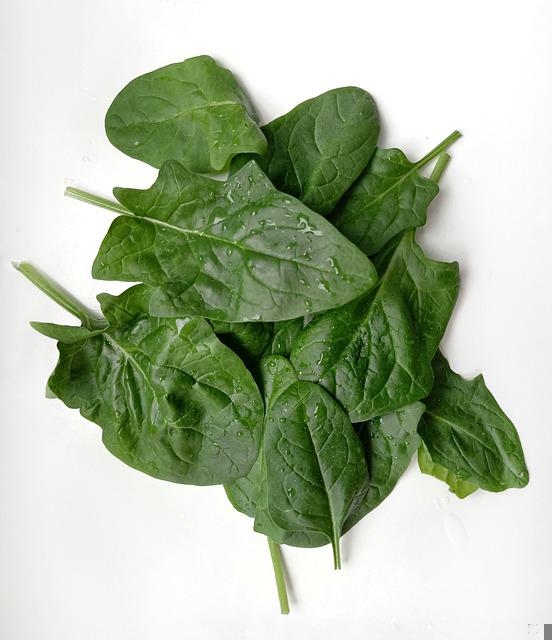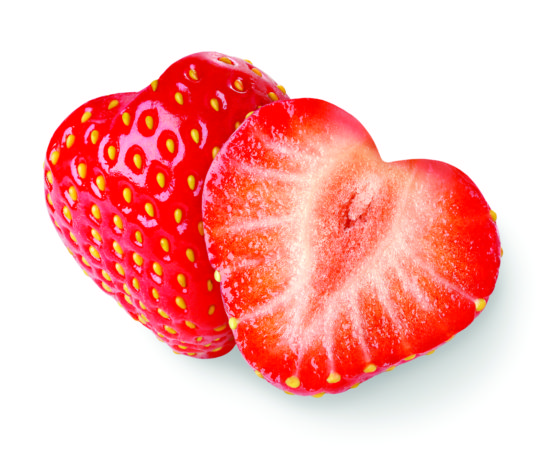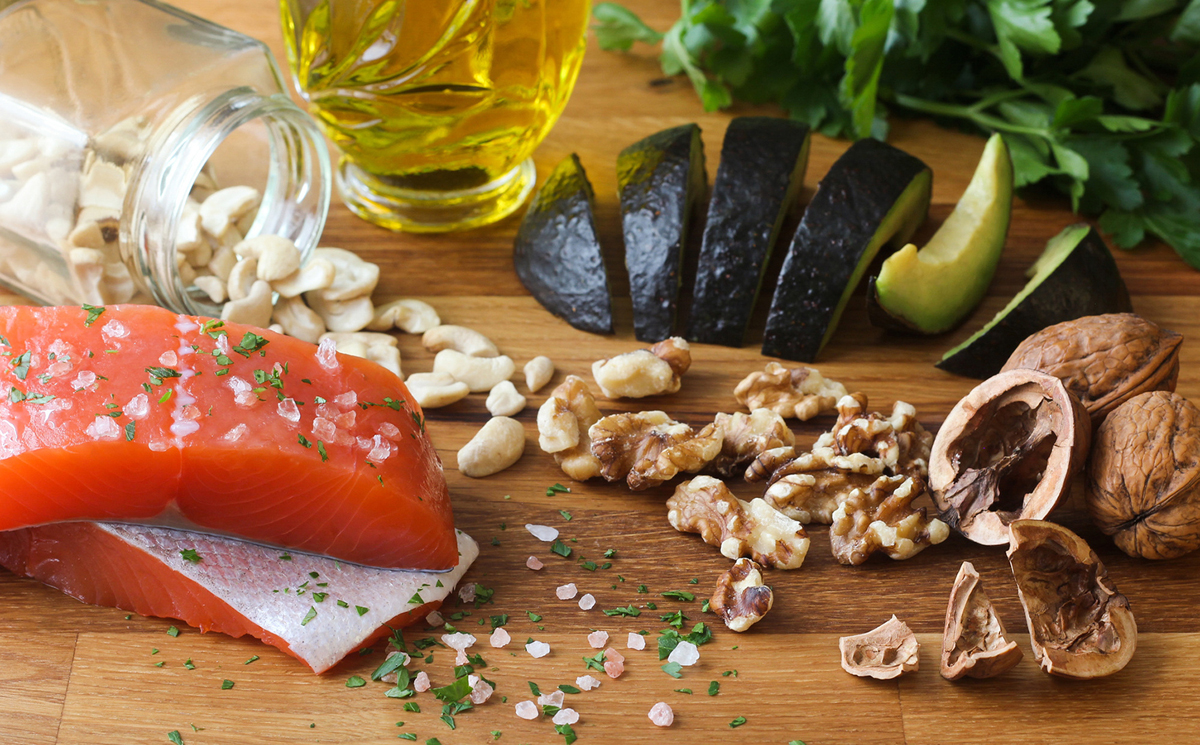Spinach Nutrition Facts

Amazing spinach nutrition and health benefits are down to twelve special phytonutrients, as well as a great variety of vitamins and minerals it contains.
• Spinach is believed to be a native of Persia- Iran, was introduced to Europe in the 12th century and to United States in the 19th century.China produces 85% of the world’s total spinach today.
• It belongs to the same family- goose foot family as chard and beets. Silver beet and spinach nutritional values are more or less the same.
• Three main types of spinach are dark green savoy, slightly crinkled semi-savoy and flat/smooth leaf spinach.
• It is not as extremely high in iron content as commonly believed but it is still one of the most important vegetarian sources of this mineral.
• Spinach can be found fresh, canned or frozen, it is very versatile and can be used in soups and vegetable dishes, raw in sandwiches and salads or as a side dish to meat, chicken and fish.
• Raw spinach is higher in folic acid and vitamin C, cooked spinach in beta-carotene and lutein, so cooked and raw both have their advantages but it is best not to cook it for more than three to four minutes.
Spinach Health Benefits:
• Spinach is a great source of dietary fiber, vitamins A, B, C, E and K, iron, folate, chlorophyll, manganese, calcium, iron, magnesium, potassium, phosphorus, zinc, carotene and protein.
• Phytonutrients in spinach are quite powerful and they have the ability to help the body fight cancer.
• As the most important vegetable source of iron, spinach provides fresh oxygen to the blood and helps prevent anemia by regenerating the red blood cells.
• Glutathione as an antitoxin and an antioxidant, helps enhance the immune system.
• Choline and inositol substances help prevent thickening and hardening of arteries- atherosclerosis.
• High alkalinity in spinach makes it a great anti-inflammatory food, helping with rheumatoid arthritis and osteoarthritis. Alkaline also regulates the body pH.
• Being a rich source of vitamin K and calcium, it can help treatosteoporosis.
• A variety of free radical antioxidants available in spinach makes it a great aid in cardiovascular health.
• Lutein and zeanthine provide protection for your eyes from ultra-violet lights and decrease the risk of macular degeneration.
• Certain amino acids in spinach are useful in lowering blood pressure.
• Folate and iron are the nutrients needed during pregnancy, for the proper healthy development of the baby.
• Spinach is one of the best anti-aging vegetables that can help you look fresh and younger, by the variety of antioxidants it contains.
• It is found to be helpful for diabetic patients as it can help stabilize the blood glucose levels. Spinach glycemic index value is almost zero and it has very little impact on blood sugar.
(100g of Raw) Spinach Nutrition Values:
• Calories: 23
• Carbohydrates: 3.7 g
• Protein: 2.9 g
• Dietary fiber: 2.2 g
• Fat: 0.4g
• Vitamin A: 9400 I.U.
• Vitamin B: .12 mg
• Vitamin C: 60 mg
• Vitamin K: 483 mcg
• Calcium: 90 mg
• Iron: 3 mg
• Magnesium: 80 mg
• Manganese: 0.9 mg
• Phosphorus: 55 mg
• Zinc: 0.6 mg
The Author:








